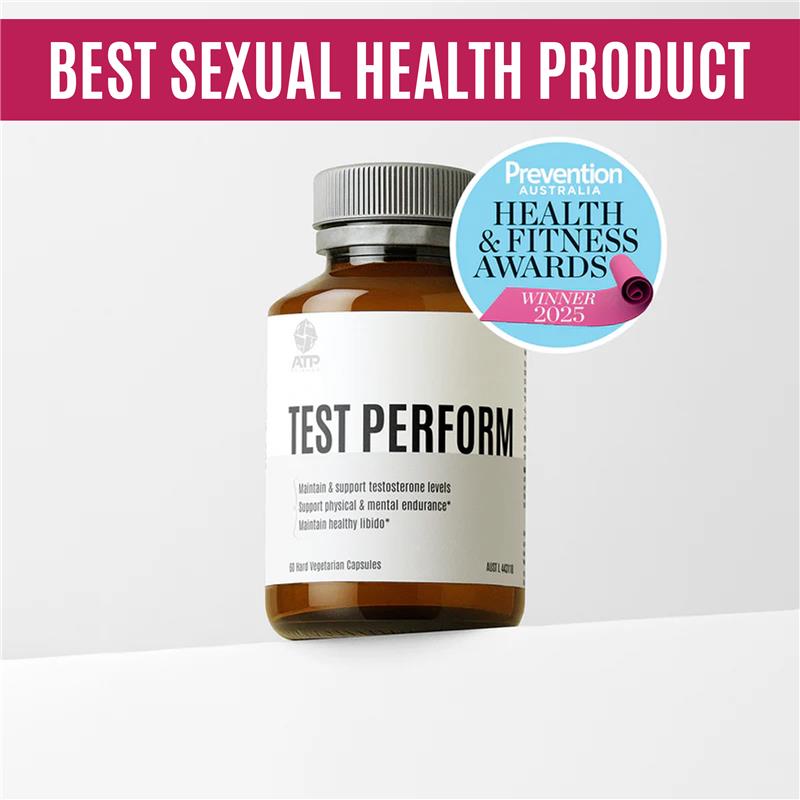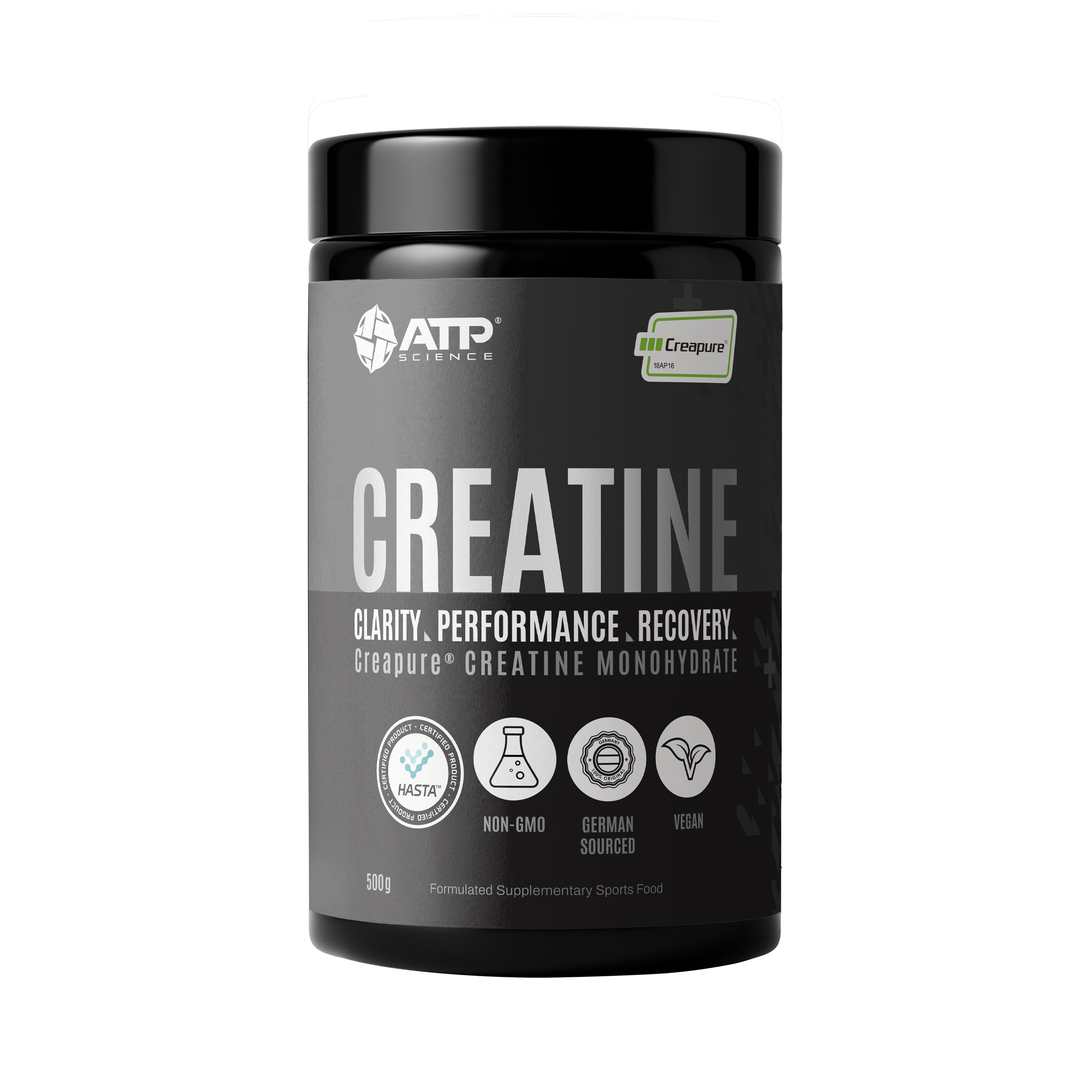Is there evidence supporting vitamin supplements?
We live in the age of wellness and supplements are everywhere. Whether it’s optimising nutrient status or reducing wrinkles, many of us are on the lookout for the magic pill.
With so many brands, messages and ads out there, it’s easy to get confused and start to wonder—do any of these supplements actually make a difference? The team at ATP Science is here to help. Here’s why high-quality supplements are important and how to use them to get the best results.
What is a vitamin?
Vitamins are micronutrients that are essential for life. They are vital for our body to function and grow. We get most of our vitamins through fruits and vegetables. Many marketing messages claim that you can’t reach optimal health without vitamin supplements. Is this simply hype, or is there evidence to support vitamin supplementation? And what about minerals? Is there evidence to support mineral supplementation?
Should you spend money on supplements?
Many of us have taken or are taking some form of vitamin supplement to boost our daily intake. Common thoughts and reasons for taking supplements are:
- The foods of today don’t have the necessary vitamins and minerals they used to
- Low-nutrient takeaway and processed foods have become a large part of our diets
- Environmental pollution and high-stress lifestyles lead to an increased need for certain supplements.
Let’s take a closer look at some common vitamins supplements you might be considering, and whether a pill a day is a good solution.
Vitamin C and polyphenols
Evidence suggests that you’ll consume enough vitamin C if you eat a variety of fruits and vegetables daily. Not eating enough of these foods can lead to not just vitamin C deficiency but also a lack of specific gut-supporting compounds such as polyphenols that are vital for good health.
Even if you do eat a variety of fruits and vegetables, you may still find yourself deficient in polyphenols. Some of the most beneficial polyphenols are found in the skin, pips and peels of foods and these parts are often avoided due to taste and texture preferences. At ATP Science, we recommend Gutright to help boost your variety of daily polyphenol-rich foods.
Magnesium
Studies have found that magnesium deficiency is quite common in the western world and can be difficult to replenish (1). The best source of magnesium is nuts, seeds and green leafy vegetables. However, these foods tend to be under-consumed.
Even if you are eating enough of these foods, there are many factors that can keep you deficient. You could be taking a drug like an antacid, which independently depletes magnesium (2). Or you may suffer from conditions such as metabolic syndrome and diabetes (3).
There is evidence to support the safety of magnesium supplementation for individuals and its associated health benefits (3). But ,the type of magnesium you choose to supplement with is important, more on that here. At ATP Science, we recommend a high-quality supplement like ZMAG, which contains a well-absorbed form of magnesium called magnesium citrate. Or if you’re after something more fun, try having a cup of NOWAY Hot Chocolate, which uses our favourite rest and relax form, magnesium glycinate.
What food and lifestyle choices can cause vitamin and mineral losses?
Refined foods are the biggest threat to your vitamin and mineral intake. Consuming a large amount of highly refined grains like white bread, white rice, noodles, white flour and refined breakfast cereals is a common cause of vitamin and mineral deficiency. Think about it – If you eat cereal for breakfast, a white bread peanut butter sandwich for lunch and a big bowl of white rice or noodles for dinner, you won’t get the balance of vegetables, proteins and fats necessary to ensure an adequate vitamin and mineral intake.
The refining process of “white grain foods” removes the husks and the fibres of these foods, and the vitamins and minerals tend to be lost too. In response to the high level of deficiencies people started suffering from, most modern grains have had folic acid and some b-vitamins added back into them. This means they are fortified with synthetic versions that are resistant to heat and processing. However, this is not a comprehensive list of the nutrients that are depleted from these foods. Thus it only goes part of the way in replacing some of the nutrients taken out from the refining processes.
How to eat and supplement with balance
The key is balancing portion sizes and choosing the types of grains with the least amount of processing. Here are some recommendations to get you on your way to better vitamin and mineral levels:
- Stick to no more than a small palm size of brown rice with a meal
- Choose whole grain bread/wholegrain spelt sourdoughs or paleo/nut and seed bread
- Mix some zucchini noodles through your noodles to help reduce portion size
- Load your plate up with colourful fruits and vegetables
- Add a palm size of high-quality protein and a teaspoon of healthy fats
An unbalanced diet, a high-stress lifestyle and certain medications can be a cocktail made for vitamin and mineral deficiencies. If you suspect you are deficient, you may need high-quality supplements.
Check in with your healthcare practitioner and natural health team to get a clear idea based on testing. Your team can then help you to choose the right option while also pointing you in the correct direction for ongoing support or top-ups that you might need based on your lifestyle. Making assumptions about what you might need or taking high-dose supplements for long periods of time can cause you more harm than good.
If you are on top of everything, are eating a balanced wholefood diet and are deficiency-free you could consider adding in a supportive product containing natural Whole Foods (not synthetic vitamins) to help boost your health game. Vital food would be a great choice.
The take-home message
If you consume an organic diet full of nuts, seeds, vegetables and fruits with organic fresh meats, wild fish and quality proteins there is probably no need for you to supplement with vitamins and minerals. The problem is that most people don’t consume such a diet on a daily basis.
Deficiencies are serious and should be addressed with a practitioner's support. However, if you have a mostly balanced diet and lifestyle then a high-dose supplement with synthetic vitamins and minerals could be a waste of your time and money. This could be better spent sourcing and using supplement boosters that use real fruits and vegetables to help broaden your exposure to polyphenols and whole foods that will fill in any small gaps that you might be missing. The exception is magnesium, this could be worth a look for most people. However, remember that the type you choose is important.


















